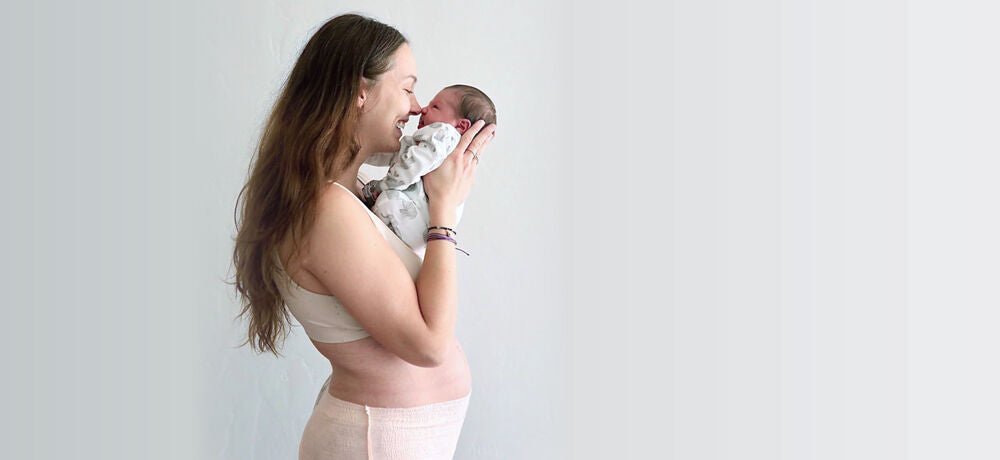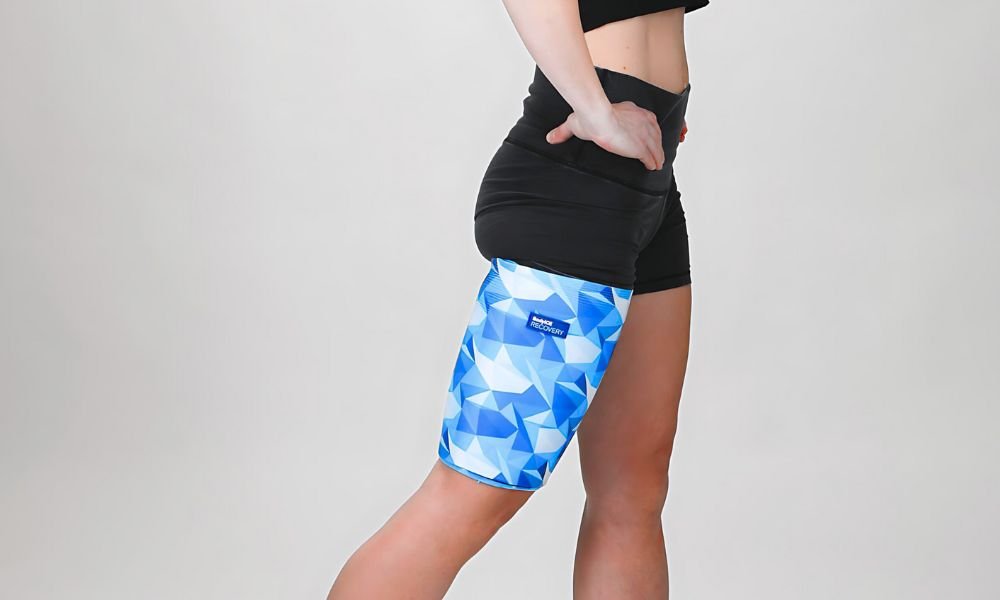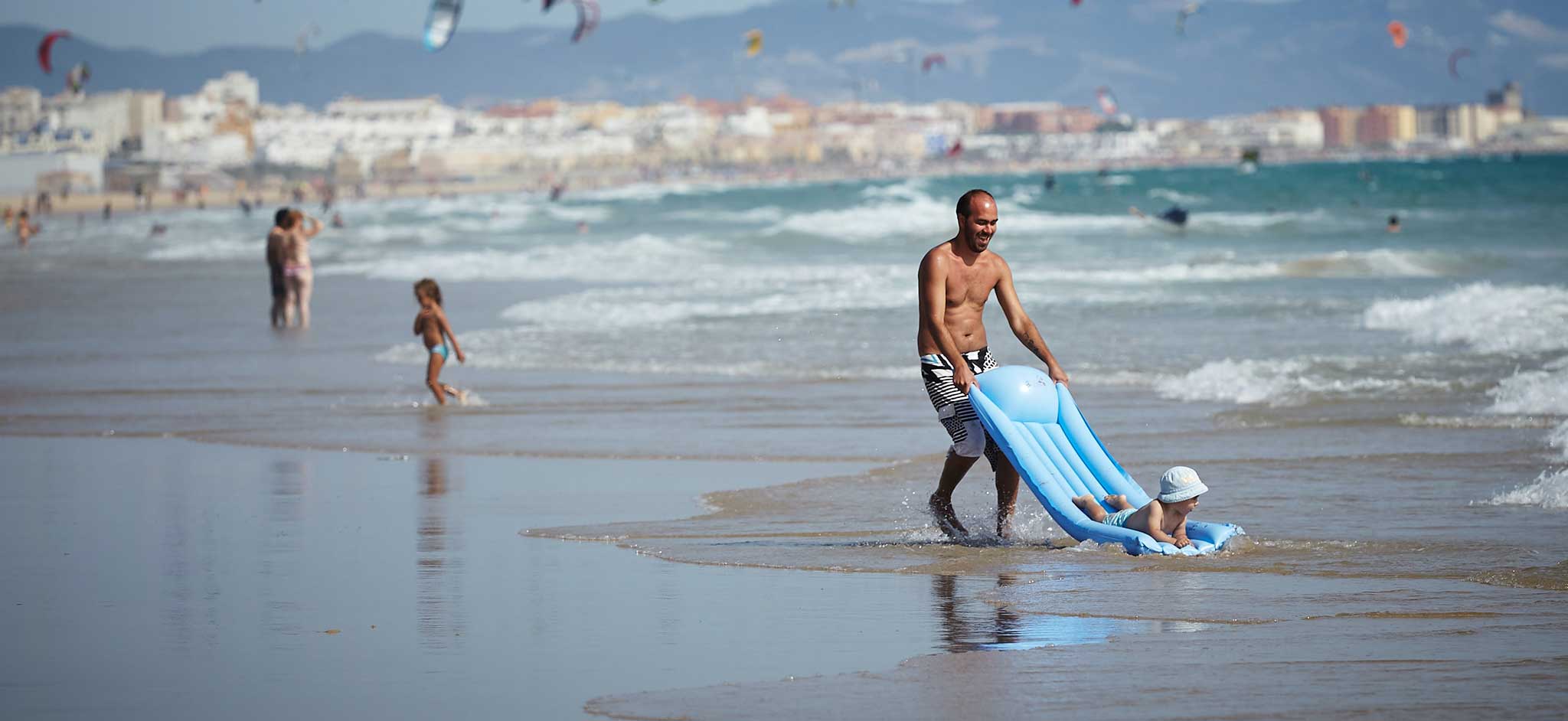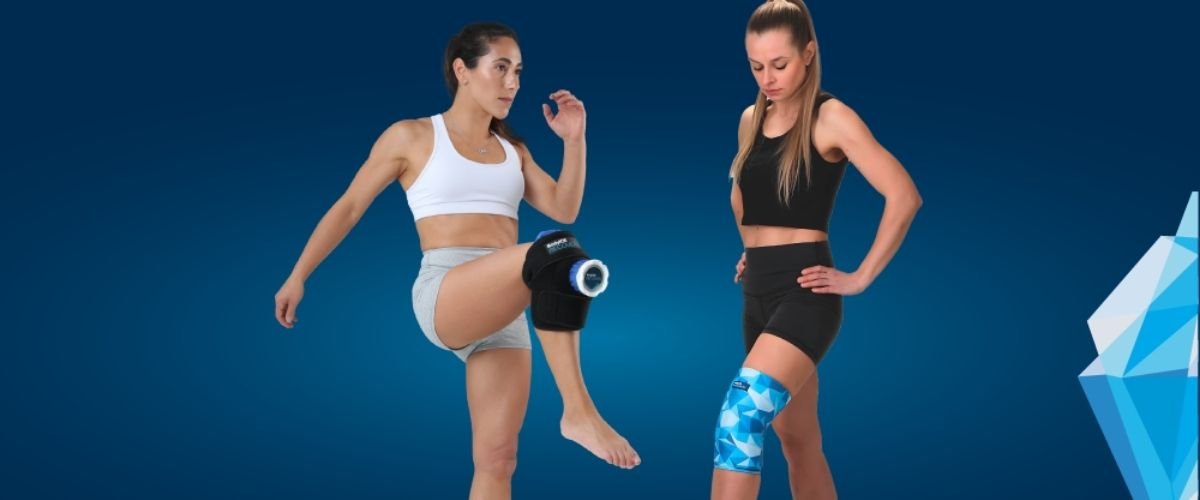We are excited to share this guest blog by Aliza Carr from Bumpnbub. Aliza is 
a Midwife and Perinatal Mental Health Specialist from Australia. She was 15 when she experienced her first birth and from that day, knew this was what she wanted to do for life. In 2017, Aliza set up Bumpnbub, an online community providing education and support to mums. In 2018, Aliza moved to Hong Kong and completed the qualifying examinations to become a registered midwife in the city. She now works to continuously grow Bumpnbub to ensure more families get the help they need, with a focus on the mental health aspect of motherhood. Aliza believes it does not matter how different people are, pregnancy and motherhood provide common ground and a connection between other mothers."
No matter how you delivered your beautiful baby into this world, the postpartum period or the ‘fourth trimester’ is a pivotal and life-changing time for you and your family.
So much happens in those first few weeks and months after birth… your uterus goes from the size of a watermelon, right back down to the size of your fist (hello after-birth pains), your body works hard to create breast milk to nourish your baby, your body also produces a concoction of complex hormones that can make you feel everything from overjoyed to very low in a matter of minutes, all whilst trying to bond and learn about this little human you created.
I personally believe that education is one of the most important things a pregnant mama and her partner can do to prepare to transition into the fourth trimester.
This ranges across all aspects of the postpartum period including knowledge and expectation around lack of sleep, successful breastfeeding, hormonal changes, recognizing postpartum mental health issues, settling techniques for your new baby, and more.
The postpartum period can be defined in different stages:
- The immediate postpartum (first few days after birth)
- The recovery and healing of the first 6 weeks
- Finally the transition into motherhood, which many professionals will define as the first 6-12months after birth.
Much of the overwhelm that I see as a midwife, comes from the stage of heading home with your newborn baby after a few days recovering in hospital. Generally, with vaginal birth, where both mum and baby are well - you can stay in the hospital for up to three days after birth. If you have a caesarean section (C-section), a mum can usually expect to spend the first three to five days after birth recovering in hospital. I have created a list of 5 tips that I hope will help you during this time.
Heal your perineum
The large majority of first time mama will experience a tear during birth, which will likely require some stitches. Some ways that you can help your body to heal whilst being comfortable is:
- Use BodyICE Woman perineal packs. Have them in the freezer ready to go. As soon as you can after birth, I recommend icing the area to relieve discomfort and decrease swelling
- Fold up a towel into a U shape, and place under your bottom and thighs, sitting in the center. This takes the pressure off your bottom and perineum if you need to sit up to breastfeed/eat etc.
- Breastfeed lying on your side. If you aren’t sure how to do this, ask a midwife to show you. This means you can rest, there is no pain to the bottom and perineal area and you can stare at your gorgeous little creation!
- Use a spray bottle for the first few days after urinating. It can be quite sensitive, and wiping with toilet paper can be very sore. Using a bottle of clean water to spray the area - this keeps it clean whilst avoiding unnecessary touching. You can then simply pat dry with a cloth or towel, keeping your stitches dry and clean.
Milk milk milk!
If you are breastfeeding, and this is your first baby you might be shocked by just how much your body changes to accommodate your little one!
Mamas will have colostrum for the first 2-5 days post-birth, this is the first milk your baby will receive, which is quite literally liquid gold! It is incredibly nutrient and calorie-dense, and full of antibodies that help to protect your little one against illness and disease (how amazing are our bodies!)
As your milk comes in, you can feel a bit flu-like, and let’s just say you can go from a size B to a DD overnight!
Some tips for this period of time:
- If you can, breastfeed on demand - this allows your body to work out just how much milk your baby needs, as breastmilk works entirely on supply and demand.
- If you need to express, try hand expressing first in the first few days after birth.
- Once your milk comes in, if you are feeling engorged and bub is having trouble latching, hand express a little bit of milk to soften the breast and allow bub to latch easier.
- Gently massaging the breast is great for helping your let-down reflex or if you feel any slightly hard or clogged ducts.
- Use the BodyICE Woman packs for either heat or warmth during this period of time - both can be incredibly soothing and beneficial!
- If your nipples become sore, the first thing to do is to ensure bubs latch is good. If you are still in hospital, kindly request the ward lactation consultant to see you and your bub and ensure all is going well. After a feed, you can also hand express a small amount of milk, rub this onto your nipple and areola and let your breasts get air on them (AKA no bra or top for a little while) this can help promote healing
Eat well and hydrate mama
Another tip I tell all of my beautiful patients and followers is that if possible, have your friends and loved ones bring over nutrient-dense meals for those first few weeks after birth.
If this isn’t possible, stock up the freezer with delicious, healthy meals that will nourish you in the postpartum period. If you are going to breastfeed, having some snacks ready can be so helpful for the midnight feeds - your body is working hard and burning so many calories making milk for your baby.
Fibre is key in the postnatal period, to help get your bowels moving and keep you feeling your best. Some fibre-rich foods include beans, lentils, whole grains, fruits, and vegetables.
Stay hydrated - breastmilk is made up of over 85% water so it is so important to drink lots of water and electrolytes (coconut water is great for hydration and tastes delicious!)
Rest, as much as possible
In many cultures, a new mum stays in bed or in the home and rests as much as possible for over a month. I believe a lot of western cultures have forgotten about the incredible need for rest and repair after birth for a new mother.
Whilst it is of course important to do some light walking when able and to move as much as you feel comfortable, resting is crucial for many reasons including reduced postnatal bleeding, increased milk production, bonding with bub, better mental health, and all round recovery.
Be kind to yourself
This may just be my favourite tip. You, Mama, are a superhero - you not only created a human you also grew an extra organ (placenta), grew this little human for 40 weeks, then birthed and fed this little bub.
I know that every day can seem like a rollercoaster and a blur of feeds, nappy changes, and cold coffee but I promise you will look back one day and think… “gosh that went by so quick”.
You are doing an amazing job, and your baby is lucky to have you mama, promise.
*Ask for help! This is a tip I really want to emphasise. This means for any help you may need. From help with breastfeeding, to help with cooking, to advice needed for mental health and coping. Remembering that there is ALWAYS someone to turn to, is so important. Reach out to a family member, friend, lactation consultant, or your GP as the first port of contact if needed.
A mum’s postpartum recovery checklist:
- BodyICE Woman breast and perineum gel packs
- Maternity pads (preferably natural, soft ones)
- Nursing bras and nursing pads
- Soft, cotton underpants
- Meals and snacks made ahead of time
- A water bottle at all times (breastfeeding thirst is real)!






Leave a comment
All comments are moderated before being published.
This site is protected by hCaptcha and the hCaptcha Privacy Policy and Terms of Service apply.